Are you looking to elevate your interior or exterior design? Metal decorative panels and screens can add a stylish touch to your spaces while offering functionality. With my personal experiences and insights, I’ll take you through everything you need to know about these versatile design elements.
What are Metal Decorative Panels and Screens?
Metal decorative panels and screens are versatile design elements made from materials like aluminum, stainless steel, or corten steel. They serve various purposes, including privacy, decoration, and protection. These products come in various patterns, colors, and finishes, making them suitable for numerous applications in both residential and commercial settings.
The Benefits of Metal Decorative Panels
Integrating metal panels into your space offers several benefits:
- Durability: Metal panels are resistant to weathering and wear, making them a long-lasting option.
- Low Maintenance: They require minimal upkeep, often just needing occasional cleaning.
- Versatile Design: Available in numerous styles and finishes, they can complement various aesthetics.
- Eco-Friendly: Many metal panels are recyclable, making them a sustainable choice.
- Enhanced Privacy: Screens can create a private nook or shield areas from prying eyes.
Types of Metal Decorative Panels
Understanding the different types of metal panels available will help you make an informed decision. Here are some popular options:
1. Laser-Cut Metal Panels
Laser-cut panels feature intricate designs cut from sheets of metal. Their precision allows for stunning, detailed patterns that enhance any space.
2. Perforated Metal Panels
These panels have a series of holes or slots that create interesting patterns while allowing air and light to pass through. They are often used in commercial buildings.
3. Expanded Metal Panels
Expanded metal panels are created by cutting and stretching a sheet of metal to form a mesh-like structure. They provide security while maintaining visibility.
4. Solid Metal Panels
Solid panels offer a clean, sleek appearance and can be used for various applications, from walls to fencing.
Choosing the Right Metal Decorative Panel for Your Project
When selecting metal decorative panels, consider the following factors:
1. Purpose and Functionality
Determine whether you need the panels for privacy, decoration, or security. This will guide your design choices.
2. Material Options
Choose between aluminum, stainless steel, and corten steel based on durability, maintenance, and aesthetic preference. Here’s a quick comparison:
| Material | Durability | Weight | Maintenance | Cost |
|---|---|---|---|---|
| Aluminum | High | Light | Low | Medium |
| Stainless Steel | Very High | Medium | Medium | High |
| Corten Steel | High | Heavy | Medium | Medium |
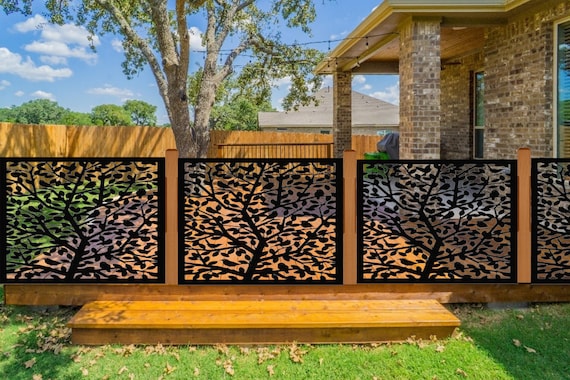
3. Design and Aesthetics
Consider the overall style of your space. Do you prefer modern, rustic, or traditional designs? The right pattern can harmonize with your existing decor.
4. Installation and Size
Measure the area where you plan to install the panels and ensure you choose sizes that fit properly. Depending on your skill level, you may want to consider professional installation.
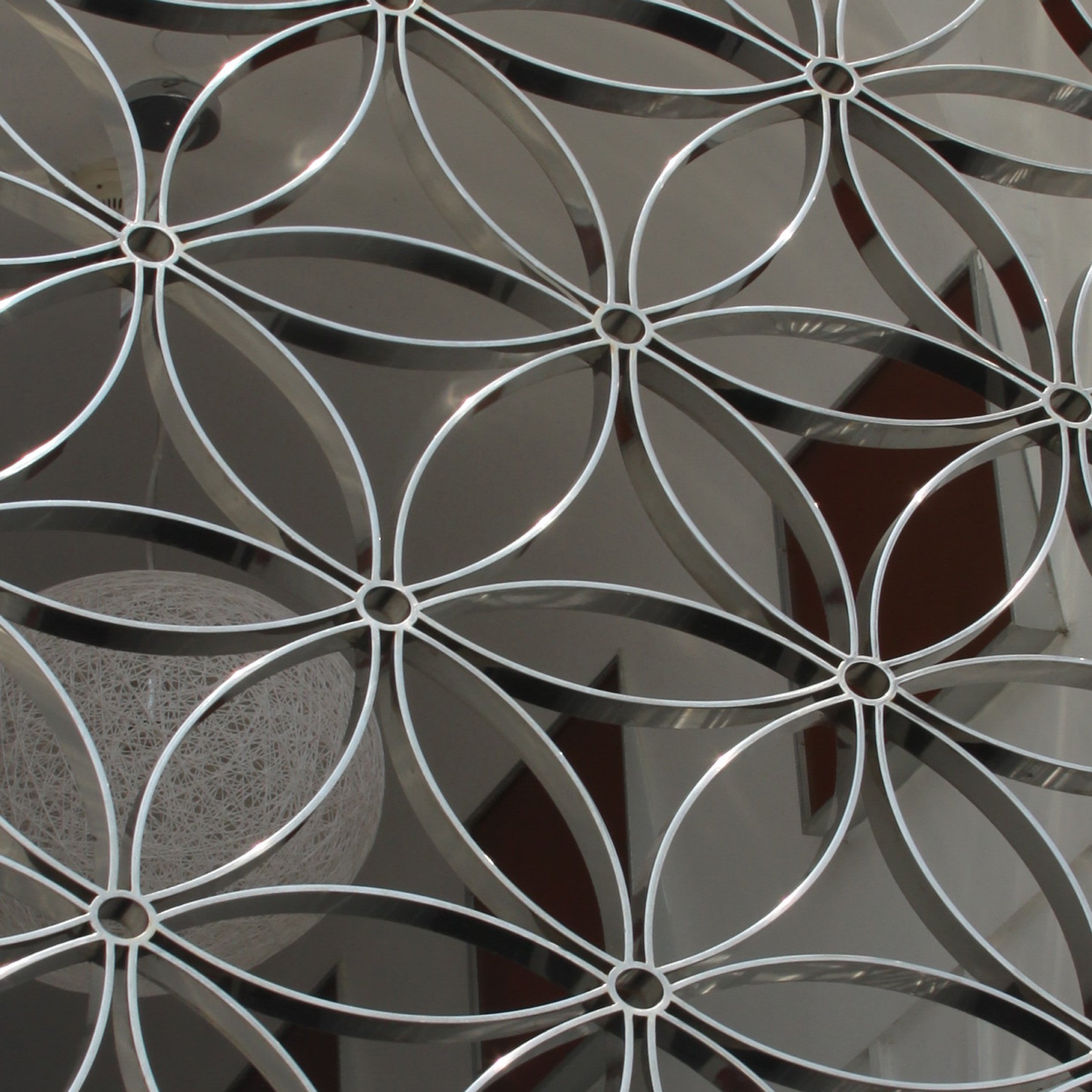
Creative Ways to Use Metal Decorative Panels
Metal panels can be utilized in various creative ways. Here are some ideas to inspire your next project:
1. Room Dividers
Use metal screens as room dividers to create separate areas in open-concept homes while adding a decorative touch.
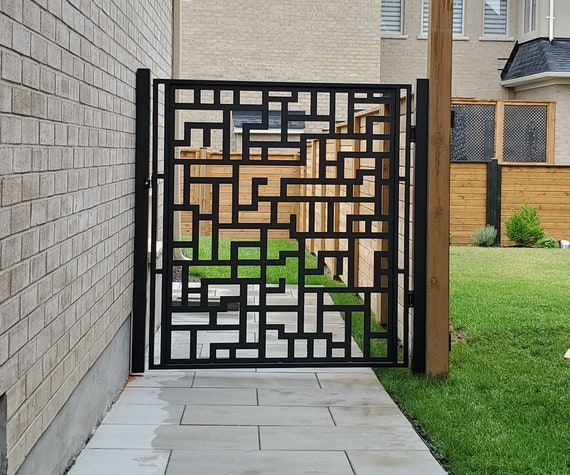
2. Wall Art
Transform your walls with large, eye-catching metal art panels that serve as the focal point of a room.
3. Privacy Screens
Install metal screens on patios or balconies to enhance privacy while still allowing natural light to filter through.
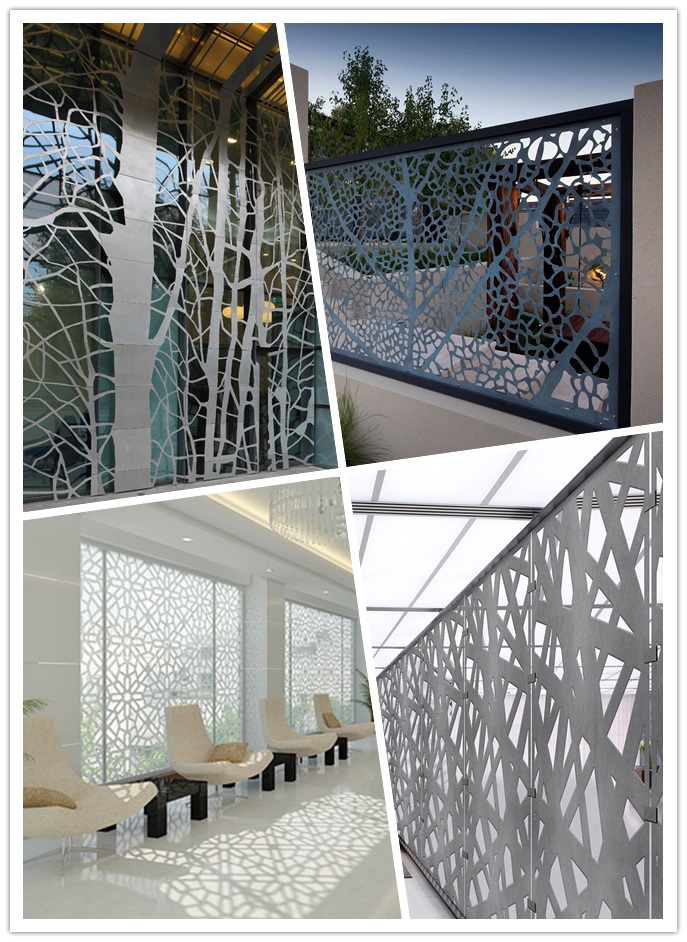
4. Fencing Solutions
Metal decorative panels can serve as stylish fencing solutions that provide security without sacrificing aesthetics.
5. Garden Accents
Incorporate panels into your garden design as trellises or decorative backdrops for vertical gardens.

Installation Process for Metal Decorative Panels
Installing metal decorative panels can be a rewarding DIY project. Here’s a step-by-step guide:
Step 1: Gather Your Materials
Ensure you have all necessary tools, including a measuring tape, level, saw, brackets, and screws.
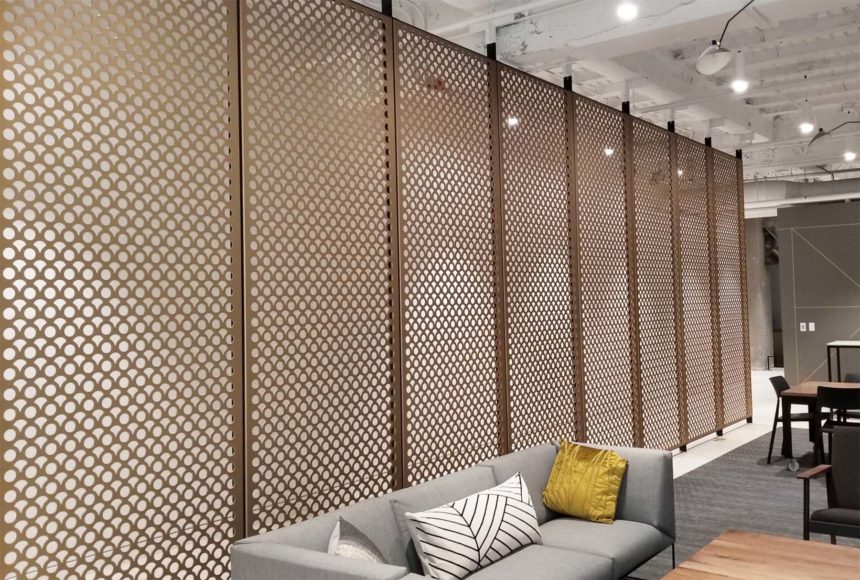
Step 2: Measure and Mark
Measure the area where you’ll install the panels. Mark the locations for the brackets that will hold the panels in place.
Step 3: Cut Panels to Size
If needed, cut the panels to fit your space using an appropriate saw for metal.
Step 4: Install Brackets
Secure the brackets to your wall or ground according to your marks. Ensure they are level to avoid crooked panels.
Step 5: Attach the Panels
Carefully attach the panels to the brackets using screws. Double-check for stability and levelness as you go.
Pros and Cons of Metal Decorative Panels
Like any design choice, metal decorative panels come with their own set of advantages and disadvantages.
Pros
- Long-lasting and durable
- Low maintenance requirements
- Highly customizable in terms of design and finish
- Provides privacy without sacrificing airflow
- Eco-friendly options available
Cons
- Initial costs can be higher than other materials
- Can be heavy, requiring professional installation for larger structures
- Some materials may rust if not properly treated
Frequently Asked Questions (FAQs)
1. How do I clean my metal decorative panels?
Generally, a mix of warm water and mild soap is enough. Use a soft cloth to avoid scratching the surface.
2. Are metal panels suitable for outdoor use?
Yes, many metal panels are specifically designed for outdoor use and are resistant to the elements.
3. Can I customize the design of metal panels?
Absolutely! Most manufacturers offer customizable options to fit your design needs.
4. How do I prevent rust on metal panels?
Choose galvanized or powder-coated finishes, and regularly check for scratches or chips that could expose the metal underneath.
5. Are metal panels safe for indoor use?
Yes, they are safe for indoor applications, provided they are installed correctly and finished appropriately.